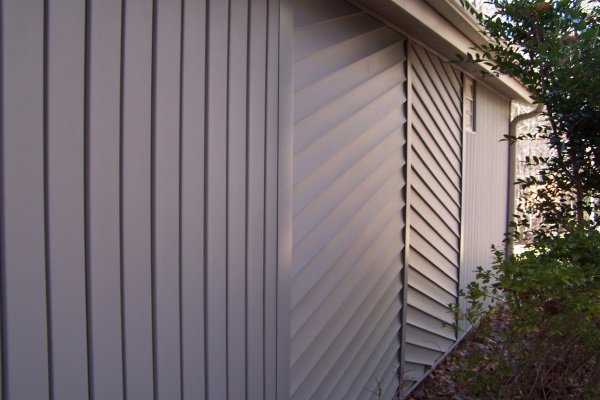
As new homeowners, you might find it difficult to decide between these two materials: concrete siding vs vinyl siding.
Both materials are effective at improving the external aesthetic and foundational protection of your property.
If you have the budget for both materials, it will be difficult to decide which to use. However, if you knew the advantages and disadvantages of each one, your decision will possibly be easier.
Here's an in-depth guide on both materials to help you decide between concrete siding vs vinyl siding.
When talking about concrete siding vs vinyl siding, you'll want to know about the composition of each material.
Concrete or fiber cement is a mixture of sand, cellulose fibers, and cement. When the mixture hardens, it becomes sturdy and impenetrable. In addition, infrastructure and property developers use concrete in different projects because of its reliability.
Homeowners with properties along the shore will find concrete siding their best option. Concrete will withstand high salt air environments. Additionally, they do not have any corrosive material.
In comparison aside from concrete siding vs vinyl siding, aluminum is an alternative to concrete. However, aluminum is more expensive than concrete. In fact, it has less weight making it susceptible to strong wind damage.
Additionally, all the ingredients that make up concrete are non-flammable. Therefore, concrete-sided properties are unlikely to start fires or even burn to the ground.
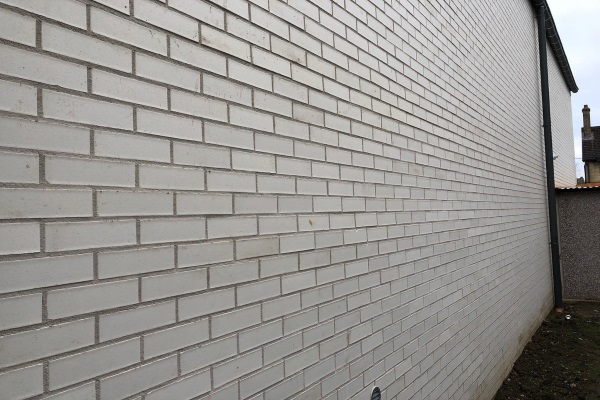
When it comes to concrete siding vs vinyl siding, the PVC material of vinyl will likely melt during a fire. In turn, this increases the internal temperature of a property during a fire. While it won't contribute to the fire, the melted PVC material releases noxious fumes dangerous to your health.
Concrete has no overlapping seams. In turn, this reduces the risk of life-form growth. Without any area to store moisture, concrete prevents mold and mildew growth.
Concrete siding vs vinyl siding-wise, if you install vinyl improperly, it will introduce moisture to the wall foundations of homes. In turn, this allows these life forms to grow and infiltrate the material. This will affect the lifespan of the siding and the entire property gravely.
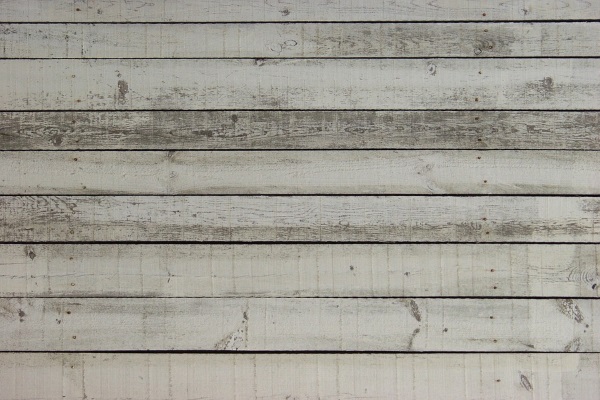
Lastly, concrete is versatile. Homeowners can choose different colors or even patterns that mimic wood siding and planks. Painting the siding is an option too.
In turn, this gives your property more aesthetic options. Concrete is paint-conductive giving you plenty of visual options to use. However, to achieve excellent curb appeal, you will need to consult contractors for the best colors or patterns to use.
Concrete is not as expensive as aluminum. However, contractors will require a big team to operate equipment and install your concrete siding effectively.
In fact, the material is a mixture requiring continuous motion to prevent drying. During installation, the area around your property will look like a construction site. However, you can think of concrete as an investment for a better home.
In addition, the concrete siding paint and pattern will crack in a few decades. Consequently, this raises maintenance costs to prevent any deterioration to the curb appeal of the property.
If you've ever used PVC pipes in your home, then you're likely familiar with the basic material of vinyl. Polyvinyl Chloride (PVC) is a plastic resin manufacturers use to create clean and soiled water pipe systems. In fact, PVC is a formidable roofing material common for commercial properties.
Additionally, given the longevity of plastic, PVC adds exceptional durability to plastic's lifespan. Therefore, a vinyl roof is a long-lasting siding option.
Its feather-like weight and easy installation makes it a common choice for homeowners. However, when it comes to concrete siding vs vinyl siding, does it outperform its rival?
PVC siding has an average lifespan of over 40 years. Similar to concrete, it is non-corrosive and resistant to high salt air environments. However, when it comes to concrete siding vs vinyl siding, the latter is better because it is non-erosive.
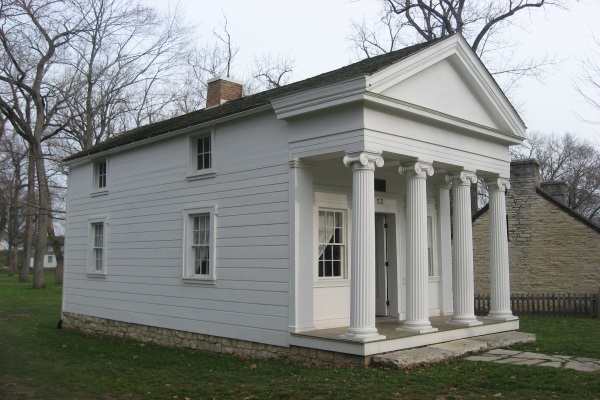
If concrete siding pools water and moisture along your walls, it will erode. Moisture penetration is a common concrete problem. Therefore, you will not have this problem with vinyl sidings.
Vinyl siding can melt during a fire. However, it reduces the electric conductivity of your home. If you have your home in an area lightning storms and thunderstorms frequent, you have no risk of electric shock.
Steel siding is a cost-effective and durable roof siding. However, if you compare it to vinyl siding, you won't have to worry about rusting. In addition, heavy hailstorms and stray baseballs from the neighborhood will not leave dents on vinyl siding.
When it comes to concrete siding vs vinyl siding, the latter is extremely affordable. In fact, it costs 80% less than your concrete siding material.
Additionally, contractors require less labor and equipment to install vinyl siding effectively consequently reducing construction costs.
Similar to concrete, vinyl siding comes in different patterns imitating wood and stone patterns. You can paint them to suit the overall aesthetic of your property too.
However, vinyl is not as protective as concrete siding. If heavy machinery such as lawnmowers or snow blowers graze the material, it will get cracked and receive substantial damage.
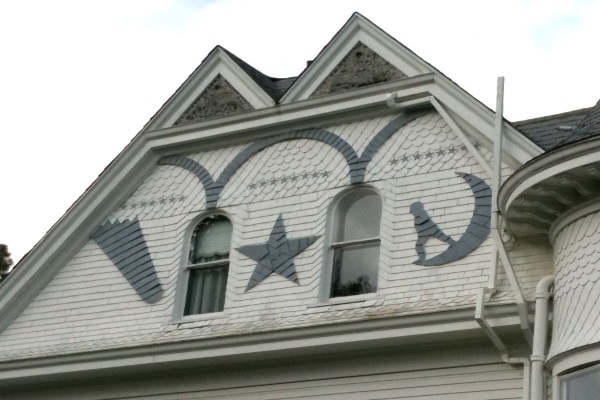
Additionally, a contractor's inadequate vinyl siding installation leaves it vulnerable to strong wind damage. Wind storms will dislodge misaligned vinyl siding seams instantly leading to massive damages.
The inadequate installation will also lead to moisture infiltration along the wall foundations of your property. In turn, you will have life form growth and reduced wall foundation lifespan and durability.
In addition, its advantageous affordability is also a disadvantage. The price means majority of properties use vinyl siding. If you want your property to stand out, vinyl siding is not the material for you.
Now that you know the advantages and disadvantages of each siding material, the answer to concrete siding vs vinyl siding depends on the following factors:
True enough, it pays to use a reliable, experienced contractor for siding installation. Whether it is vinyl or concrete, contractors who conduct proper siding installation maximizes the durability and lifespan of your siding.